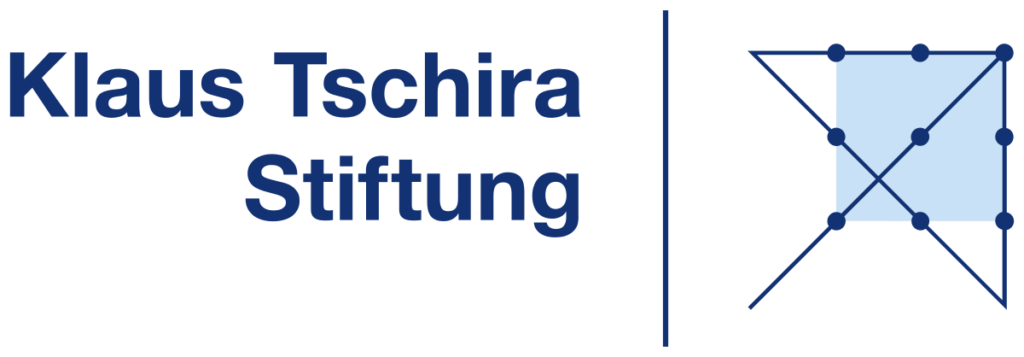The ever-increasing volume and speed of corporate or machine learning-assisted mapping present unique challenges for individual volunteer mappers, particularly in terms of monitoring and validation. While the global impact and evolution of AI-assisted mapping in OpenStreetMap (OSM) remain largely unknown, there is a need to engage with mappers to understand their perspectives on this emerging trend. In response, the Humanitarian OpenStreetMap Team’s (HOT) Tech Team, HOT’s Community Working Group, HeiGIT, and researchers from Masaryk University in Brno, Czech Republic have organized a webinar. This article provides an overview of the workshop, highlighting its key themes and inviting participation.
The webinar aims to foster an inclusive dialogue on AI-assisted mapping by bringing together experts and enthusiasts from various organizations. The panel, comprising representatives from all organizing groups, will facilitate discussions and answer questions from the audience. The webinar offers two time slots, at 10:00 UTC and 18:00 UTC on July 11, 2023, and registration is still open.
Register here.
Exploring the depths of AI assisted mapping: The webinar seeks to tap into the collective knowledge and experiences of all participants, fostering an environment of collaboration and shared insights. Key discussion topics include:
-
Balancing Speed and Accuracy: One of the primary considerations in AI-assisted mapping is the trade-off between faster mapping with potential errors or slower mapping with higher data quality. The workshop will delve into this crucial decision-making process, encouraging participants to share their perspectives and experiences.
-
Mapping Buildings and Roads: Participants will have the opportunity to share their experiences and opinions on mapping buildings and roads with AI assistance. This discussion aims to shed light on the effectiveness and limitations of current methods, as well as explore potential improvements.
-
The Role of AI in Research and Mapping: The workshop will provide a platform for examining the broader implications of AI integration in research and mapping endeavors. Participants will discuss the advantages and potential biases associated with the universal versus localized deployment of AI technologies.
-
Overcoming Data Scarcity: Addressing the urgent humanitarian needs and making progress towards the Sustainable Development Goals (SDGs) requires overcoming data scarcity. The webinar will explore how automation, including machine learning systems, can be leveraged to enhance mapping workflows and increase data creation efficiency. However, the workshop will also tackle concerns regarding unbalanced representation and the resurgence of top-down mapping approaches.
-
Open Discussion: The organizers welcome participants to suggest additional topics for discussion. They aim to ensure that the webinar covers a diverse range of issues that matter to the community, fostering an inclusive and informative dialogue.
Don’t miss out on this exciting opportunity — register for the webinar today and join us in discovering the possibilities of AI-assisted mapping in OpenStreetMap.
In anticipation of the upcoming webinar, here are a few thought-provoking questions to contemplate:
-
The Impact of AI on Data Quality: What is your perspective on the role of AI in improving the quality of data in OpenStreetMap? How can AI assist mappers in producing more accurate and reliable maps?
-
Faster Mapping with AI Data: Would you be willing to utilize pre-prepared AI data if it resulted in expedited mapping processes? How do you foresee the integration of AI-assisted data into the mapping workflow?
-
Prioritizing Speed or Data Quality: Considering your community’s needs, which aspect holds greater importance—faster mapping or higher data quality? What factors influence this decision, and are there potential compromises that can be explored?

